Mon - Fri: 8am - 5pm, Sat - Sun: Closed

6-36 Month Warranties
We Ship Local.
Hablamos Español.
Connect with
The Future of Diesel Engines
Future of Diesel Engines
Evolving Technology for Diesel Engines
Diesel engines have long been favored for their fuel efficiency, power, and durability, making them a key player in the automotive industry. However, with the rise of electric and hybrid technologies, along with stricter emissions standards, the role of diesel engines is evolving. Modern advancements have allowed diesel engines to reduce emissions and improve fuel efficiency, ensuring their continued relevance in industries that require high power and endurance.
The future of diesel technology hinges on its ability to meet increasingly stringent environmental standards while adapting to the growing demand for greener energy solutions. Diesel's continued viability will depend on how effectively it can integrate with alternative fuels and align with global sustainability goals.
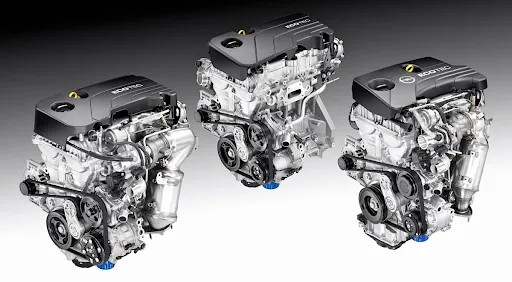
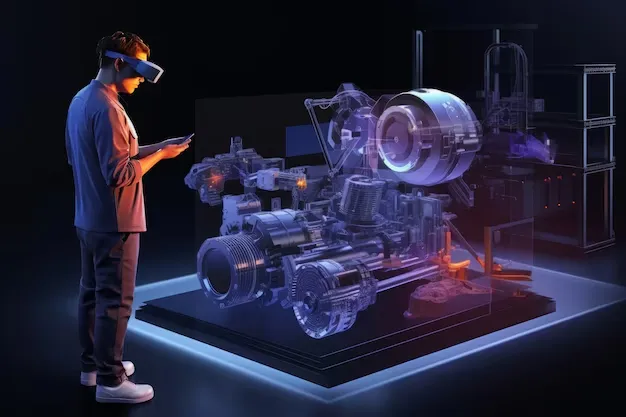

Diesel engines are highly valued in heavy-duty vehicles for their powerful torque output. However, today’s automotive trends demand greater efficiency and reduced environmental impact. To meet these demands, diesel engines have seen improvements in fuel injection and combustion systems, which help lower emissions. Technologies such as diesel particulate filters (DPFs) and selective catalytic reduction (SCR) systems are also playing a critical role in reducing harmful emissions. These advancements enable diesel engines to remain effective while addressing growing environmental concerns.
Diesel vs Electric Vehicles in Future Markets
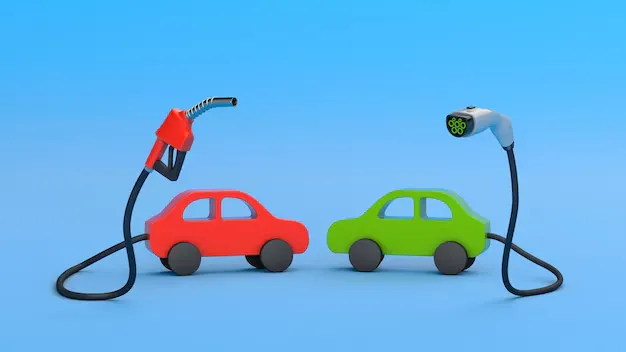
As electric vehicles (EVs) gain popularity, diesel engines are facing a unique set of challenges. EVs offer the appeal of zero tailpipe emissions, which aligns with growing environmental concerns. However, diesel engines continue to excel in heavy-duty applications, such as trucks and industrial equipment, where reliability, power, and fuel efficiency are essential. Diesel engines are often preferred for tasks that require long operating hours, high torque, and the ability to haul heavy loads, making them difficult to replace in certain sectors.
To adapt to the rise of EVs while preserving the benefits of diesel, manufacturers are exploring hybrid diesel technology. These innovations combine the fuel efficiency and power of diesel with the eco-friendly attributes of electric motors, offering a more sustainable solution. Hybrid diesel technology allows industries to transition towards greener options without completely abandoning the reliability and performance diesel engines provide.
While electric vehicles (EVs) are gaining market presence, diesel engines remain the preferred choice for applications requiring high towing capacity and fuel economy. Diesel’s superior fuel efficiency makes it ideal for long-haul transport, where EVs are still limited by battery range. Diesel-electric hybrid systems could offer a powerful solution, combining the endurance of diesel with the environmental benefits of electric power. This hybrid approach allows industries that rely on high performance to transition toward more sustainable options without fully abandoning diesel engines.
Advancements in Diesel Engine Technology
As emission regulations tighten, diesel engines are evolving through advanced technologies to meet future demands while maintaining their efficiency and power. One of the key improvements is enhanced fuel efficiency. Diesel engines have long been known for their superior fuel economy, and modern models are being designed to push this efficiency even further. This is especially important for both consumer vehicles and heavy-duty applications, where fuel savings and lower emissions are becoming more critical. Improved fuel efficiency allows diesel engines to continue serving industries that require both power and sustainability.
Another significant development is the integration of hybrid diesel options. Hybrid technology enables vehicles to operate in electric mode for short distances, reducing emissions in urban areas. Diesel power kicks in for longer trips or more power-intensive drives, offering a practical solution for reducing environmental impact without sacrificing performance. This hybrid approach combines the best of both worlds lower emissions in cities, with the reliability and endurance of diesel for long-haul and heavy-duty tasks.
The adoption of alternative fuels, such as biofuels and synthetic fuels, is also being explored as a way to further reduce diesel emissions. These fuels can be produced from renewable sources and offer lower carbon emissions compared to traditional diesel. Research into these alternatives is advancing, with the aim of creating fuels that maintain the performance diesel engines are known for while contributing to a more sustainable future.
Modern diesel engines are also equipped with sophisticated engine management systems. These advanced computer systems optimize fuel injection and combustion, ensuring that the engine runs efficiently while minimizing waste and emissions. With these innovations, diesel engines continue to play a vital role in both commercial and consumer sectors, meeting the demands for performance, fuel efficiency, and environmental responsibility.
The Role of Diesel in a Sustainable Future
As environmental concerns continue to rise, the diesel industry is working to balance high performance with sustainability. To meet increasingly stringent emissions standards, modern diesel engines now incorporate clean diesel technology, including diesel particulate filters (DPFs) and exhaust after-treatment systems. These advancements are designed to minimize harmful emissions such as nitrogen oxides (NOx) and particulate matter, allowing diesel engines to meet regulatory requirements while maintaining their core benefits, such as high torque and excellent fuel efficiency.
Despite the added focus on emissions control, diesel engines still provide significant advantages in heavy-duty applications. Their ability to produce high torque at low speeds makes them ideal for towing, long-haul transport, and industrial uses. Fuel efficiency remains one of their strongest points, offering cost savings and longer driving range, especially in commercial sectors. The integration of clean diesel technology ensures that these engines can continue to deliver the power and reliability needed for demanding tasks while reducing their environmental footprint. As the diesel industry evolves, these innovations allow it to remain relevant in a market that increasingly values both performance and sustainability, showing that powerful engines can also be environmentally responsible.
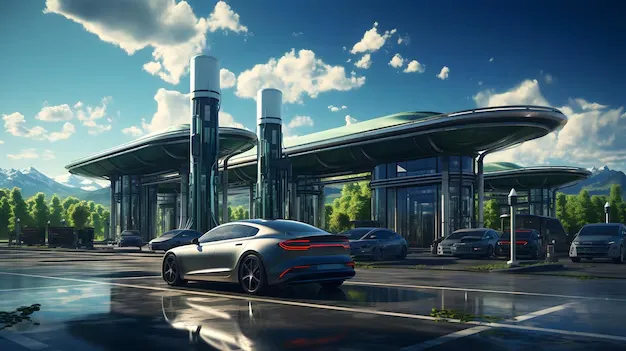
Conclusion: What Lies Ahead for Diesel Engines?
Diesel engines continue to evolve by integrating new technologies while retaining the power and efficiency that have made them indispensable in various sectors. As hybrid and electric vehicle technologies develop, diesel engines are likely to coexist alongside these newer systems in applications where their high torque output and fuel economy remain unmatched. This blending of technologies allows for a more versatile and sustainable future in transportation and heavy-duty industries.
One key area of development for diesel engines is the integration with alternative fuels. Biofuels, synthetic fuels, and other green energy sources can be utilized to reduce the environmental impact of diesel while maintaining its performance capabilities. The adaptation of diesel engines to run on cleaner fuels will help ensure that they remain viable in a world increasingly focused on sustainability.
Hybrid diesel systems are another promising solution, combining the power and reliability of diesel with the eco-friendly aspects of electric propulsion. These systems can reduce emissions while maintaining the performance needed for heavy-duty tasks like towing and long-haul driving. By leveraging both technologies, diesel engines can continue to meet the demands of industries that require power, endurance, and efficiency.
Finally, advancements in emissions control technology will play a critical role in the future of diesel engines. Clean diesel technologies, including diesel particulate filters (DPF) and selective catalytic reduction (SCR) systems, help minimize emissions without compromising engine performance. Contact us, As these technologies evolve, diesel engines will remain a key choice in industries that require durable, fuel-efficient, and environmentally responsible solutions.
Get our latest news and promos
QUALITY ASSURED


SATISFACTION GUARANTEED

UNPARALLELED SUPPORT
Houston Engines
Proud Member

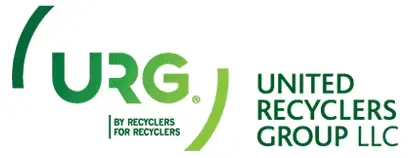

Social Media
Payments Accepted
Ship Via











